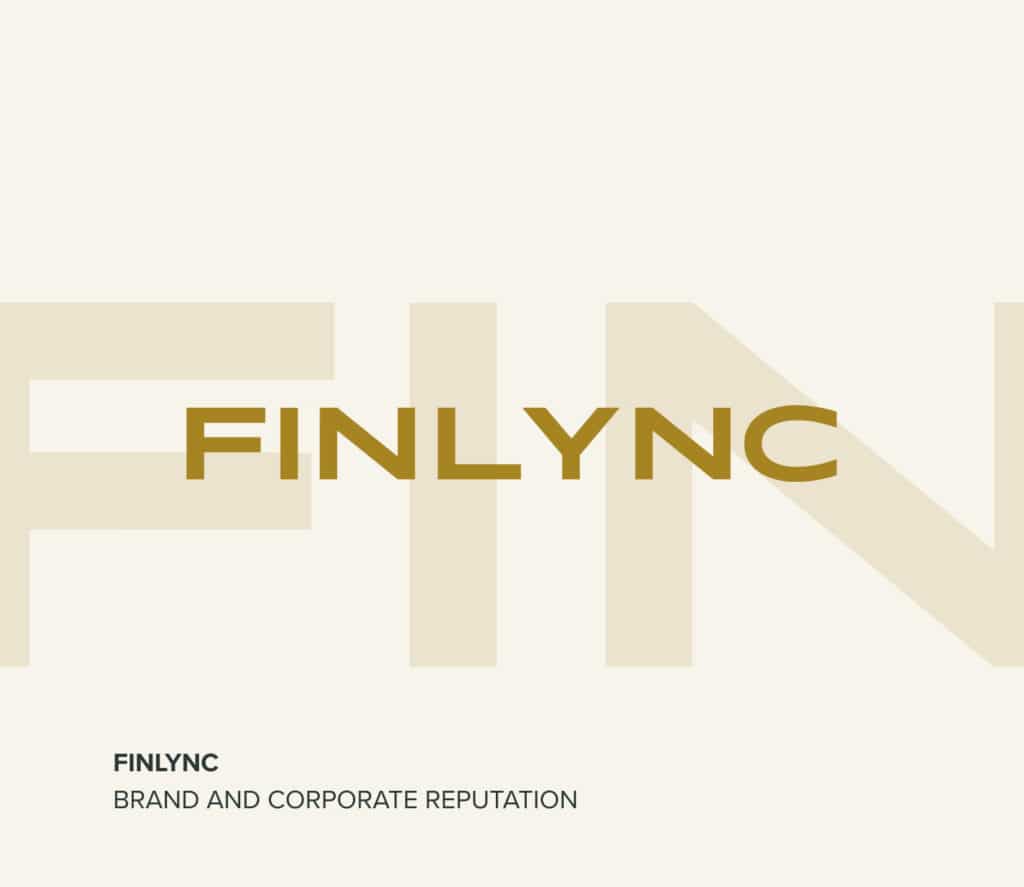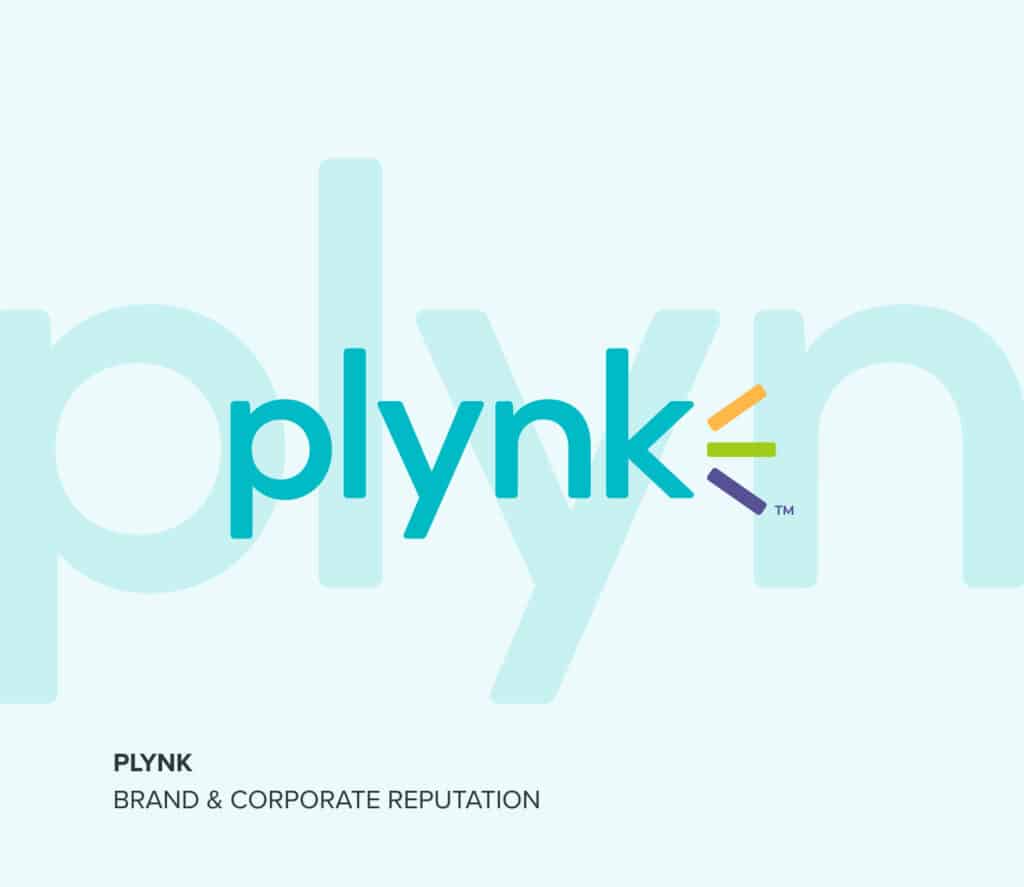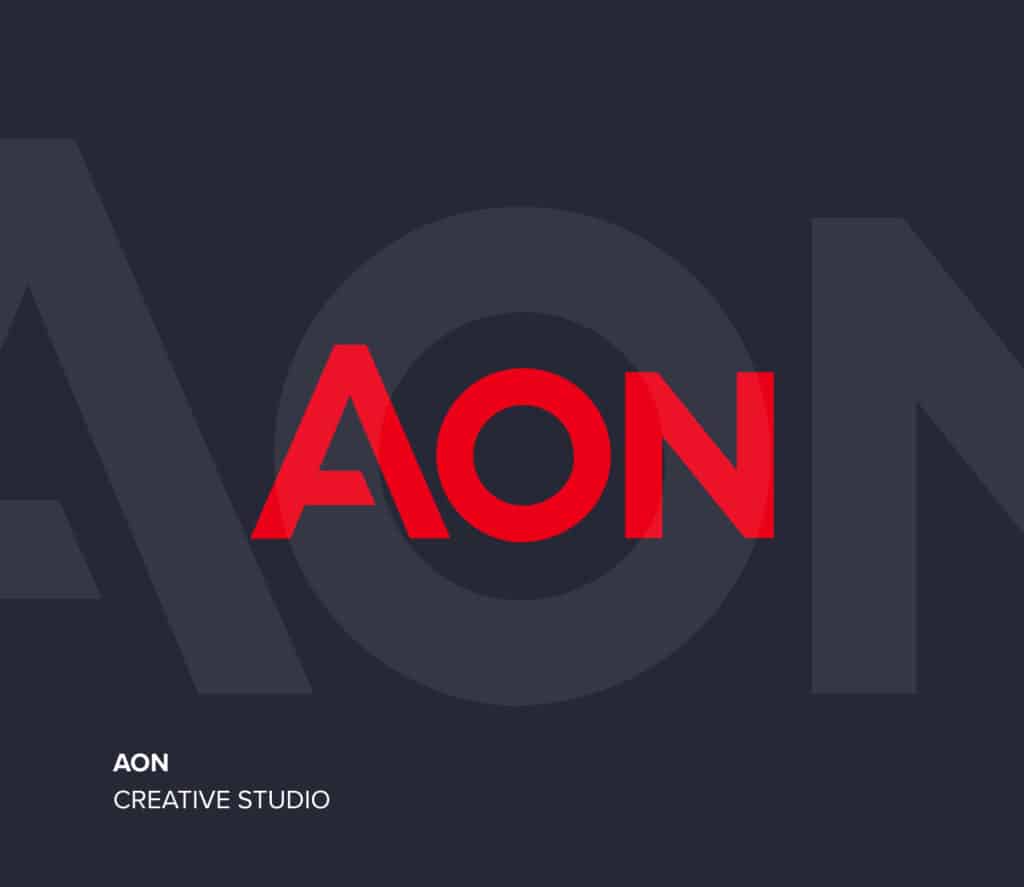We are living through uncertain times. The IMF has only just warned of a sharp contraction of the British economy, which sees the UK lag behind other G7 companies. Jittery markets are an unsurprising by-product of uncertain times. But out of complexity comes opportunity.
Brands are under scrutiny like never before – from customers, candidates, employees and shareholders all urging them to do better – to align profit and purpose. According to RepTrak’s 2022 data, the public was disappointed in the corporate sector on a global scale, with Reputation Score data decreasing for the first time since 2018. However, as reputations got weaker, brands got stronger.
In fact, RepTrak’s CEO Kylie Wright-Ford praised the World’s Top 100 Brands for being “exceptional” in their efforts, “rising up to the intense and complex stakeholder expectations on ethical, supply chain and workplace issues globally.”
It is likely that Brand Score will continue to see an upward trajectory as organisations focus on communication and providing a positive brand experience. But what does this mean for reputation? And how do companies structure to mitigate this risk?
2023 will be a year of two distinct comms strategies. The first will focus on consolidation and amplification of brands that are already well-positioned to navigate relentless economic headwinds, alongside talent acquisition and new ways of working.
The second will look to redefine and reposition brands, to help them to navigate complex environments. The focus will be on assuring key audiences that the organisation’s business model has been built to capitalise on the growth opportunities that uncertainty can bring.
Both approaches are driven by the importance of positive reputation management in uncertain markets.
Propelled by business needs in complex markets, 2023 will herald further restructuring of communications and marketing functions across the financial services industry, as we expect to see ongoing cyclical centralisation, decentralisation and rationalisation.
As well as the continuing trend of lean in-house teams, part of the rationalisation process will involve focusing on the many agencies which have been on-boarded over the years to plug much-needed gaps. As the demand for operational streamlining to effectively deliver business-aligned objectives continues apace, fully integrated agencies will find themselves in a strong position to capitalise on this renewed scrutiny. And reputation management continues to surface the most valuable opportunities, in many different guises.


